Hi
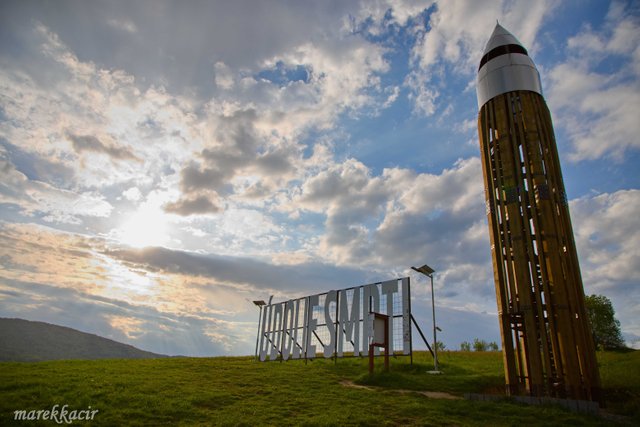
In today's post, we will look at history, at the battles during the Second World War. I will tell you about the historical events that happened during the liberation of Slovakia. We also visited this area on our trip around eastern Slovakia. The weather is kind to us, so let's do it.
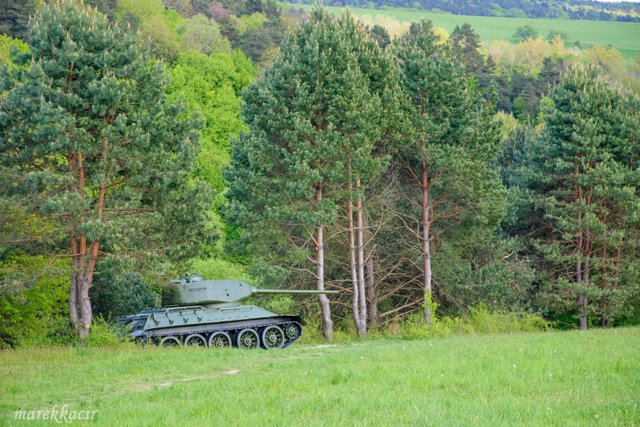
In 1944, the Slovak National Uprising broke out in Slovakia. The people, partisans and part of the army resisted the Nazi representatives of the Slovak state and the German army. The Red Army was approaching the borders of Slovakia from the east. The ideal scenario would be for her to join forces with the rebels as soon as possible. The passage through mountainous Slovakia would be much faster and with less losses.
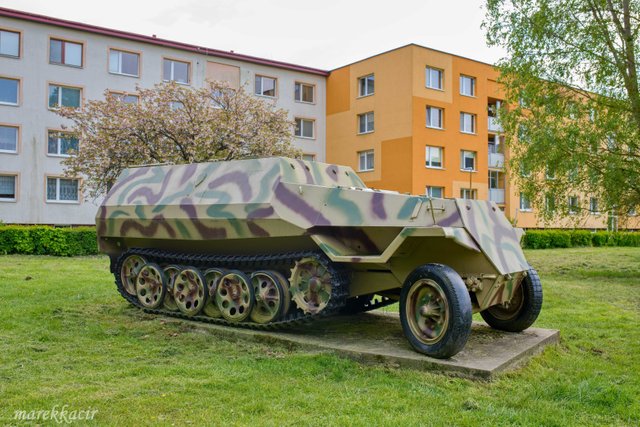
However, the remnants of the Wehrmacht were against it. After the announcement of the Slovak National Uprising, they entered the territory of Slovakia and gradually occupied territories that the rebel army did not have under their control. At the same time, the Germans disarmed the military garrisons that did not join the uprising. It was a logical step as they did not want to risk anything.
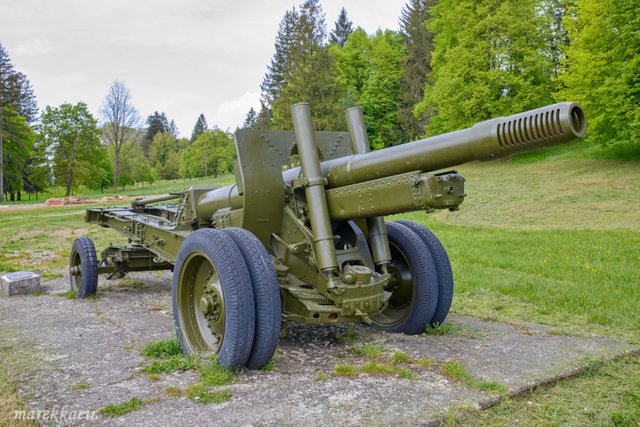
Unfortunately, the Germans also disarmed the garrisons allocated in eastern Slovakia. Subsequently, they began to prepare for defense against the Red Army. They used the mountain range of the Carpathian arc for that. It was here that they fortified themselves and hoped to repel the attack.
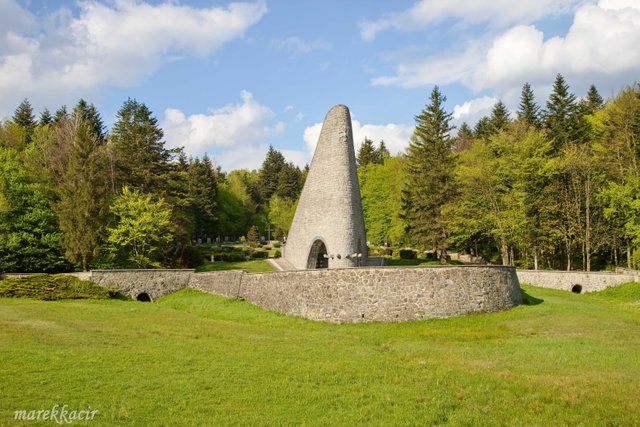
We came to see the place of heavy fighting on the territory of Slovakia. The monument at Dukla near the Slovak-Polish border reminds us of this to this day.
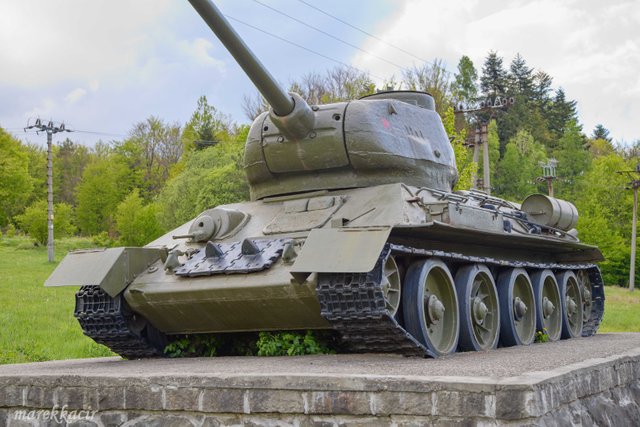
In the Katpatsko-Duklian operation, the 38th Army of the 1st Ukrainian Front and part of the 1st Guards Army of the 4th Ukrainian Front faced each other on the side of the Soviet Union. The 1st Czechoslovak Army Corps was also part of the 38th Army. On the side of Germany, the units of the 1st German Tank Army and the Hungarian 1st Army stood fearlessly against the odds.
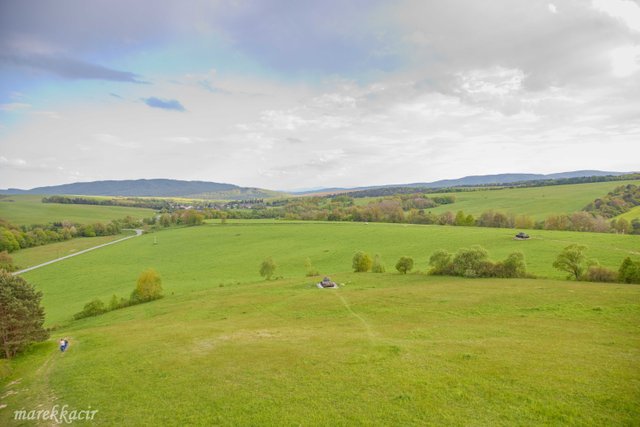
The operation began on September 8, 1944. As I already mentioned, the goal of the Red Army was to join the Slovak insurgent army as soon as possible. They set themselves the goal of liberating the city of Prešov within five days. However, the defenders prepared well for the attackers and significantly complicated their progress.
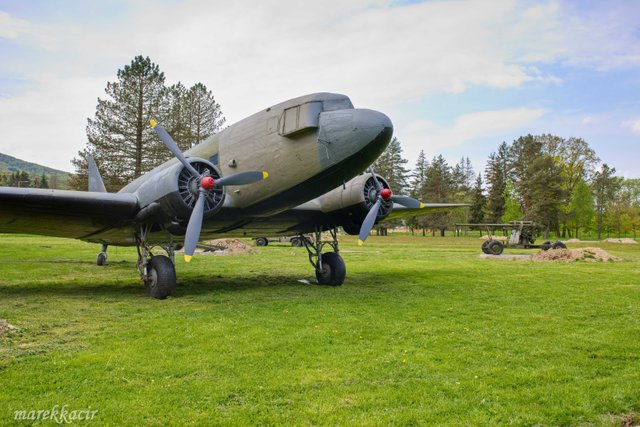
In addition to the German fortifications, the weather also complicated their progress for the attackers. It was foggy and rainy, which complicated the activities of the Soviet Air Force. It wasn't until September 21, 1944 that the first Slovak village, Kalinov, was liberated.
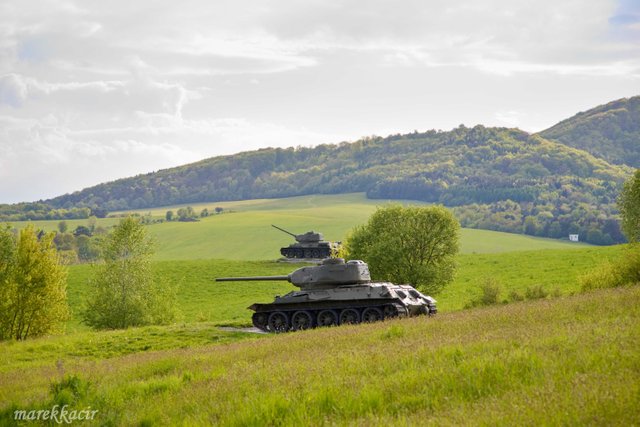
We are in Death Valley, where the German army moved after retreating from the Duklian Pass. This is how they named the place between the villages of Nižná Pisaná and Kapišová. It was here that the most difficult battles of the Carpathian-Duklian operation took place.
From this place we can see the terrain in which the defenders dug in and which the attacking army had to recapture. The Soviet tanks somehow continued to advance in this way.
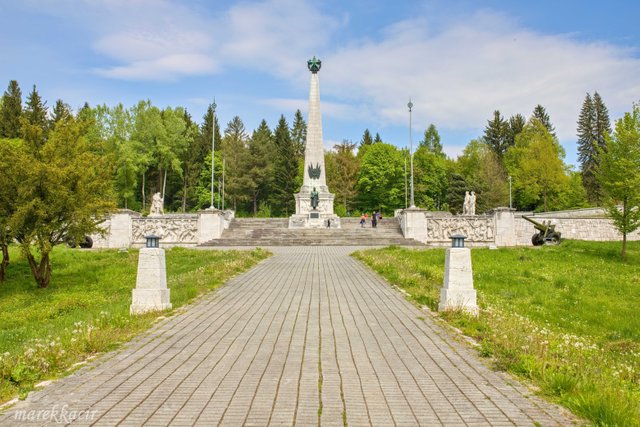
Chills run down my spine when I imagine what happened in this place years ago.
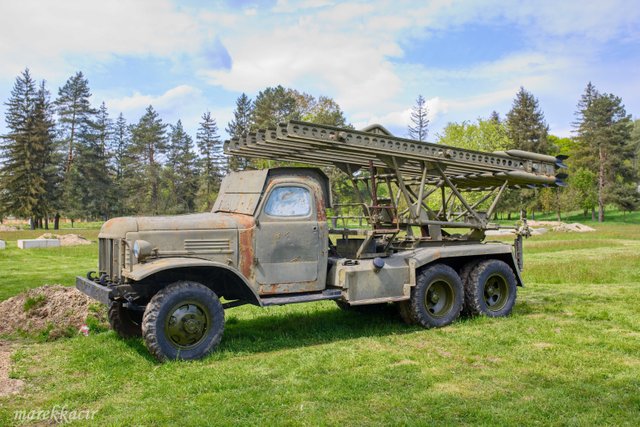
The Soviet army eventually managed to occupy the territory of the Carpathian Arch and force the defenders to retreat. Slovakia was not completely liberated until May 3, 1945.
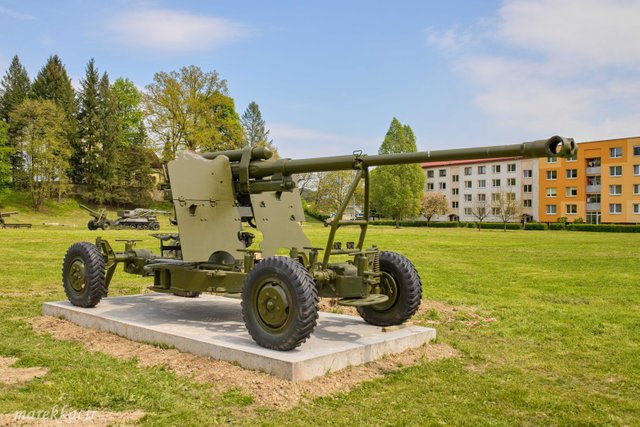
I also took some photos of military equipment that I used in this article in the historical military museum in Svidník. If you want to learn something more, be sure to visit it.

Thank you